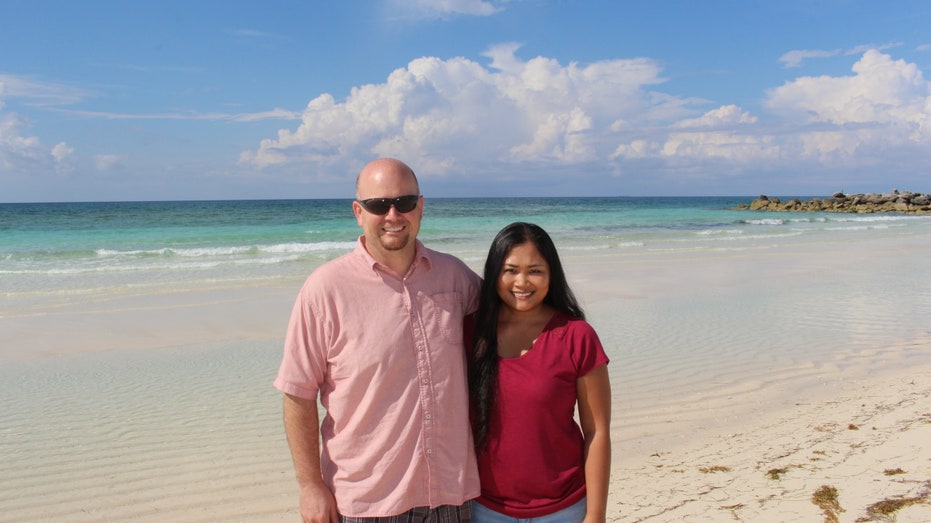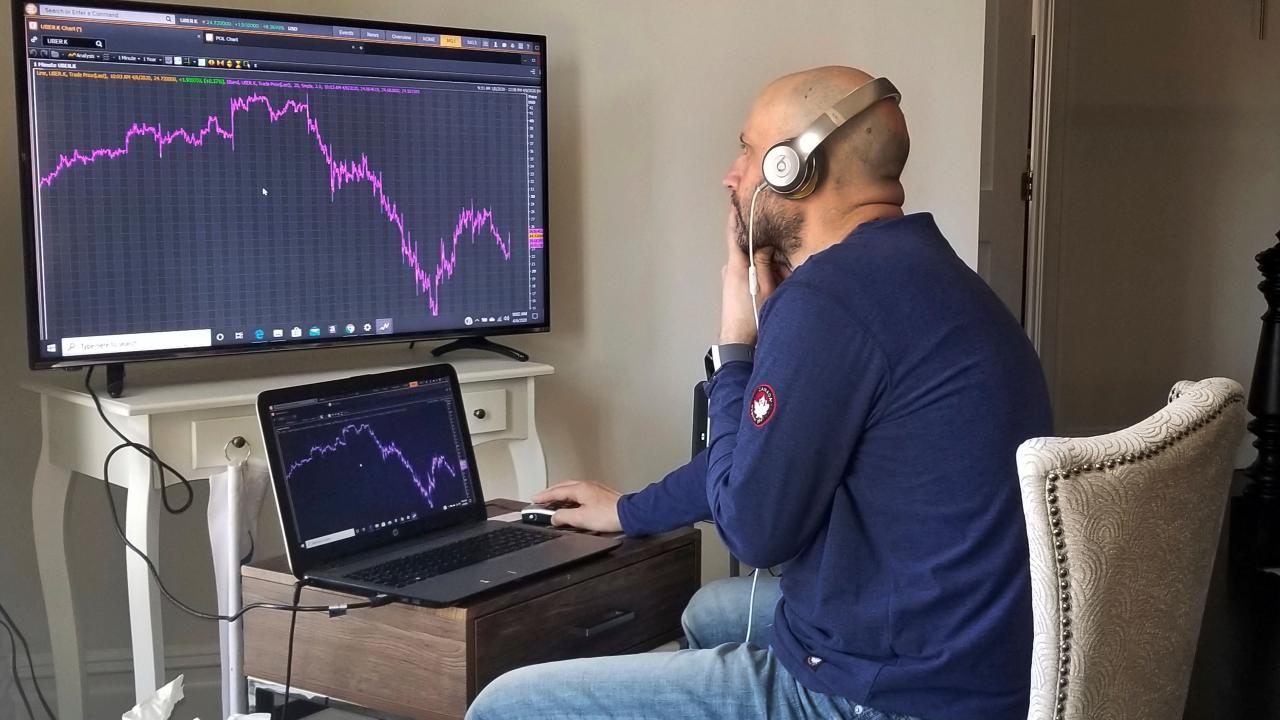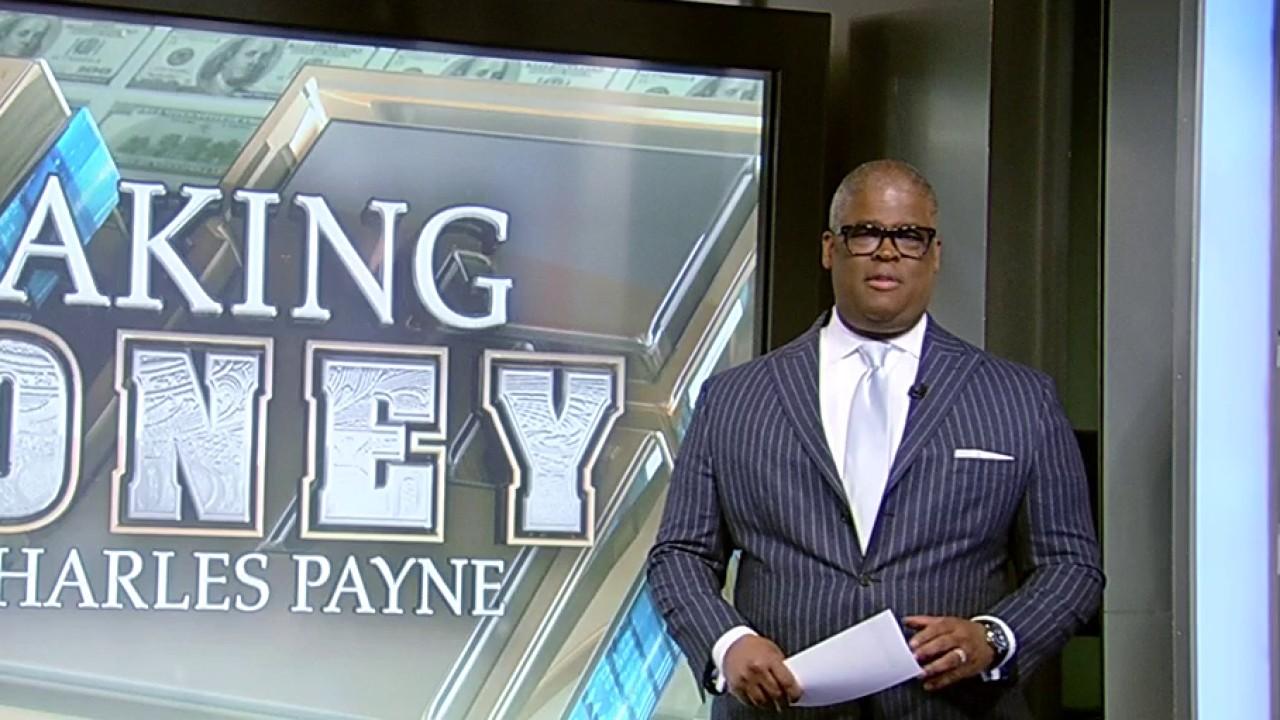Is financial independence possible during coronavirus?
The Financial Independence, Retire Early (F.I.R.E.) Movement is still possible, even during economic uncertainty, followers say
Get all the latest news on coronavirus and more delivered daily to your inbox. Sign up here.
The coronavirus pandemic has hit the economy hard, with mandated closures of “nonessential” businesses, layoffs and record numbers of Americans filing for unemployment.
For people who are pursuing financial independence -- which means having enough investments or other passive income to not need a job -- their goal could seem unattainable.
It is still possible to get there, however, according to several followers of the F.I.R.E. (Financial Independence, Retire Early) Movement. Financial independence might just take more time than expected.
CORONAVIRUS AND RETIREMENT: EXPERTS’ 401(K) TIPS
"It's definitely still possible," Justin McCurry, who runs the personal finance blog Root of Good, told FOX Business. "I think most people are going to look at their financial situation and say, I probably need to keep working a little bit longer to get the portfolio value back up."
"In a way, it’s sort of a lucky break," he added. "You're given that opportunity to work a little bit longer, earn some more money, wait on the market to recover and then go into early retirement with hopefully enough and maybe even a little bit more than what you had planned on."

Even though the economy is suffering from the coroanvirus, it will still be possible to achieve financial independence, experts say. (iStock)
Even before thinking about stocks, people who want to be financially independent should start with an emergency fund, according to Shang Saavedra, author of the blog Save My Cents.
"For many bloggers in the F.I.R.E. community, including myself, we've always recommended that people have a very solid emergency fund before they even go on to invest," she told FOX Business.
F.I.R.E. MOVEMENT: WHAT TO KNOW ABOUT THE EXTREME-SAVINGS TREND
She and her husband -- who are financially independent, but still work -- have a one-year emergency fund, though Saavedra is currently on a year-long maternity leave from her job as a strategy consultant.

Shang Saavedra and her husband became financially independent about three years ago. (Courtesy of Shang Saavedra)
Another thing to note, Saavedra said, is that stock market investments aren’t the only way to achieve financial independence -- even if it is one of main focal points of the movement.
"There are a lot of people who make money from real estate investments, make money from passive income, including side businesses, digital businesses," Saavedra said. "Now, obviously, if the overall economy is down, all income streams can be affected. But the more diverse your income streams, the less likely you would have all of your net worth, for example, collapse at any moment in time."
MILLENNIAL MILLIONAIRE WHO RETIRED AT 30 EXPLAINS THE SACRIFICES HE MADE TO GET THERE
McCurry, a father of three, retired in 2013 at the age of 33. His wife retired three years later. Although they have also been affected by the economic downturn, he said his investments are still up from where they were when he retired seven years ago.
"We lost more than a half million dollars so far, but it's still up about $400 or $500,000 from where we started," he said.

"If you retired five or 10 years ago, you're totally fine now, most likely, because you've watched your portfolio go up so much that if it doubles and you lose 30 percent of that, well, you're still up 50 or 60 percent," he added. "So I think it really depends on when you did quit working and how much had you watched your portfolio go up to know how much damage it's really done to your long term plans."
EXTREME SAVER WANTS TO SKIP RETIREMENT SO SHE CAN GIVE HER MONEY AWAY
However, the people who retired more recently, might be worried and wondering what they should do now, McCurry said.
"The answer is, polish up your plan B, whatever it was," he said. "And that could include cutting expenses, trying to make some money on the side just to help cover living expenses. For some people, it may not be too late to go back to work."
"Now, obviously, with all the economic turmoil, a lot of companies are letting people go … so I think it really just depends on the situation. But there are a lot of businesses that are very busy hiring right now," McCurry added.
MILLENNIAL RETIREES TRAVEL THE WORLD INSTEAD OF BUYING A HOME
For someone who is just starting to pursue financial independence in the current economic climate, saving money will be harder, but Grant Sabatier, author of the book Financial Freedom and the blog Millennial Money, said it's worth it.
"It just may take a little bit longer in terms of if someone's just starting right now," Sabatier told FOX Business. "But you know, at the end of the day, F.I.R.E. is really about living life on your own terms and using money to create more options in your life. And I think people naturally are going to -- out of necessity and just interest -- going to continue to gravitate towards it. Especially during times like this. I think it's going to be harder to, of course, save a high percentage of your income, but I think the pursuit of it will continue to grow."
EXTREME SAVER WHO RETIRED AT 33 EXPLAINS HOW TO RAISE KIDS ON A FRUGAL LIFESTYLE
Sabatier became financially independent at the age of 30 in 2015 and for about two weeks in March this year, he said he saw his net worth drop about 35 percent. Since then, he’s seen it recover.
"It definitely hasn't hit me nearly as hard as most people," he said. "I think it's important to note that whenever your investments drop or even grow, it's not like you've made or lost money. Whether you've made or lost money is only realized when you decide to sell. So the reality is most of my investments -- you know, I'm not going to need for 20, 25 years. So I'm pretty confident that in 20, 25 years they'll grow over that period of time."
"The stock market really at its core is all about perception," he added. "And so when people freak out it drops, when they're excited it grows. It's a herd mentality. And so bear markets are going to happen. It's a natural part of the cycle."
GET FOX BUSINESS ON THE GO BY CLICKING HERE
He said that people also tend to be too short-sighted when it comes to the stock market.
"What happens on the day to day or week to week or even year to year basis isn't nearly as important as what happens over a five, 10, 20-year period," Sabatier said. "If you're worried about the ups and the downs that much, you know, you need to think on a longer term horizon."
"The reality is, it's not like you're going to go and cash out your 401(k) tomorrow," he added. "Because not only would you have to pay taxes on it, but you'd get charged an early withdrawal penalty. You know, there's all types of penalties. And so it's like, well, that's money for the long term. So let it ride. You're not going to touch it anyway."
CLICK HERE TO READ MORE ON FOX BUSINESS
If people are worried, Saavedra said, they should pause and calm down before making any big decisions.
"Try not to make financial decisions when your emotions are running really high," she said. "I think it's totally fine to have a lot of emotions right now. There's a lot of fear and there's a lot of uncertainty. I feel the same way. But I would recommend: take your time to have your emotions and then try to make financial decisions when you're a little bit calmer, cool-headed and able to think through the implications of what you decide to do with your money."





















